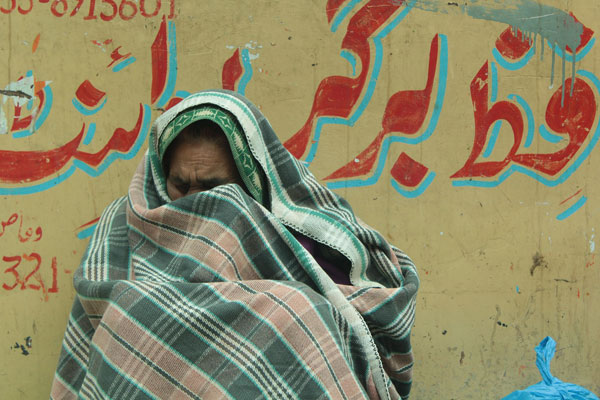The refugee dilemma in Indonesia raises economic, humanitarian, and global concerns

[refugee woman, photo credit to pixabay]
Recently, approximately 13,000 refugees were forcibly displaced in Indonesia, sparking concerns regarding the country’s ability to manage the growing refugee population.
As Indonesia grapples with social and economic impacts, it faces serious questions about the potential impact on both the refugee population and the country itself.
Financially, deporting and detaining refugees would place a significant strain on Indonesia’s economy, requiring substantial resources or transportation costs.
Humanitarian organizations have voiced concerns that returning those refugees to their country with ongoing war or conflict is inhumane and against the International Humanitarian Standards rule.
Furthermore, such actions could severely damage Indonesia’s reputation to other countries around the world, as it may seem like Indonesia is giving up on its responsibilities and discarding the humanitarian laws.
The United Nations High Commissioner for Refugees (UNHCR) is currently providing financial assistance to about 400 households.
Individual refugees receive up to $80, while families of six or more can receive a maximum of $211.
While the aid alleviates some immediate needs, the broader costs of resettling or even deporting refugees continue to heavily impact Indonesia.
The costs involved with transportation expenses include airline or boat tickets, detention facilities, and other essentials.
This will strain the nation’s budget by diverting funds from other crucial areas like education, healthcare, and other necessities.
Beyond immediate costs, Indonesia may also face long-term economic setbacks if it fails to handle the refugee situation effectively.
Refugees often bring diverse skills and talents that can positively contribute to the workforce.
Deportation could have a ripple effect on local communities within Indonesia as social tensions could arise from communities that may feel betrayed by the government’s decision to deport them.
According to the current UK government policy, deporting refugees is considered inhumane, as returning those who have fled their home countries seeking safe resettlement could put their lives at risk.
Furthermore, forced deportations violate the International Humanitarian Standards rule published in 1951, called the 1951 Refugee Convention.
The 1951 convention prohibited the forced return of refugees to countries where they face significant threats to life or freedom—also known as the principle of non-refoulement.
Organizations such as the UNHCR aim to ensure that the refugees reintegrate into their communities and make sure they can access the same services as the citizens.
They also make sure that former refugees and internally displaced people are safe and can access their rights.
Therefore, Indonesia is poised for criticism from such human rights organizations for breaking international humanitarian rules and risking a diplomatic fallout.
Many neighboring countries will likely oppose forced deportations and advocate for the protection of refugees.
Furthermore, Indonesia’s actions could have a broader impact on the Southeast Asian region’s approach as other countries may look to Indonesia’s actions as a model for handling refugee populations.
Such decisions could strain Indonesia’s relationships with key regional partners and diminish its influence in global discussions on refugee rights and humanitarian aid.

- Alex Joo / Grade 10
- Jakarta Intercultural School

![THE HERALD STUDENT REPORTERS [US]](/assets/images/logo_student_us.png)
![THE HERALD STUDENT REPORTERS [Canada]](/assets/images/logo_student_ca.png)
